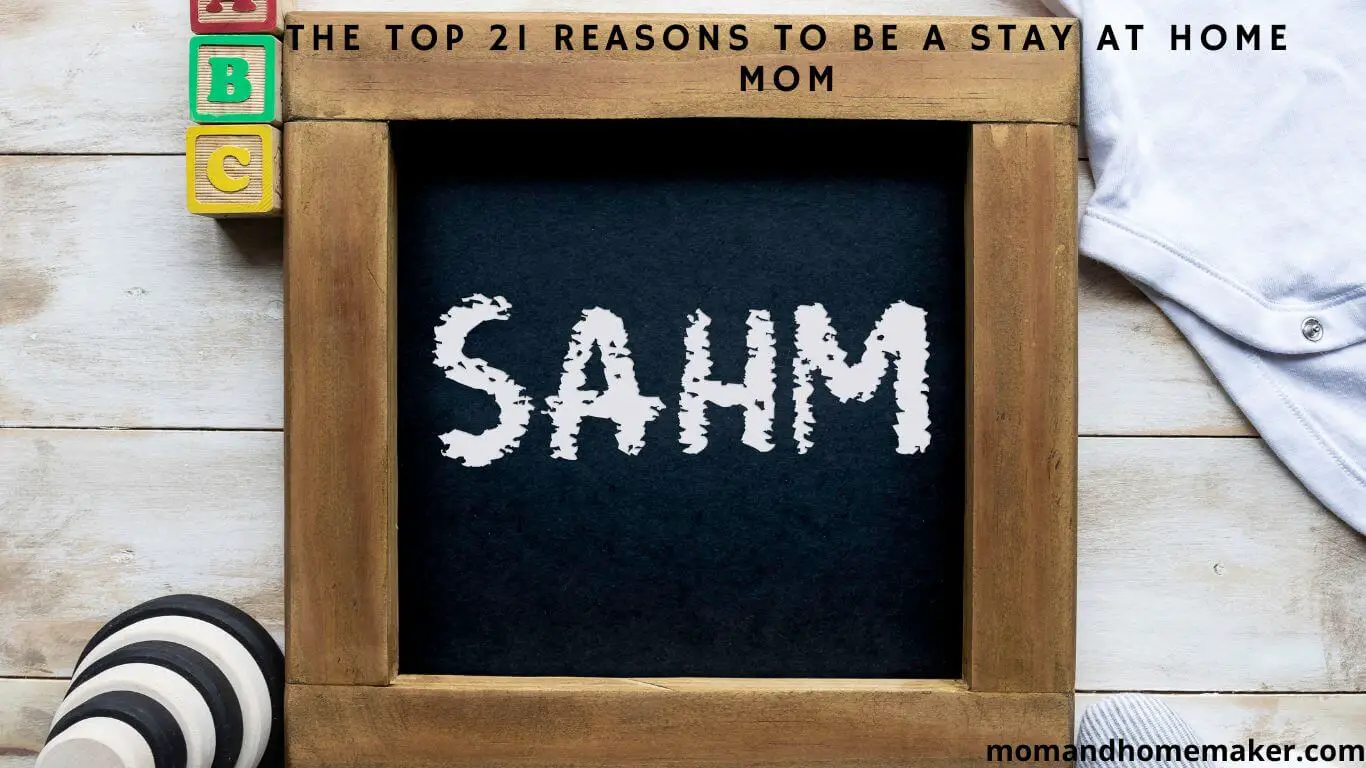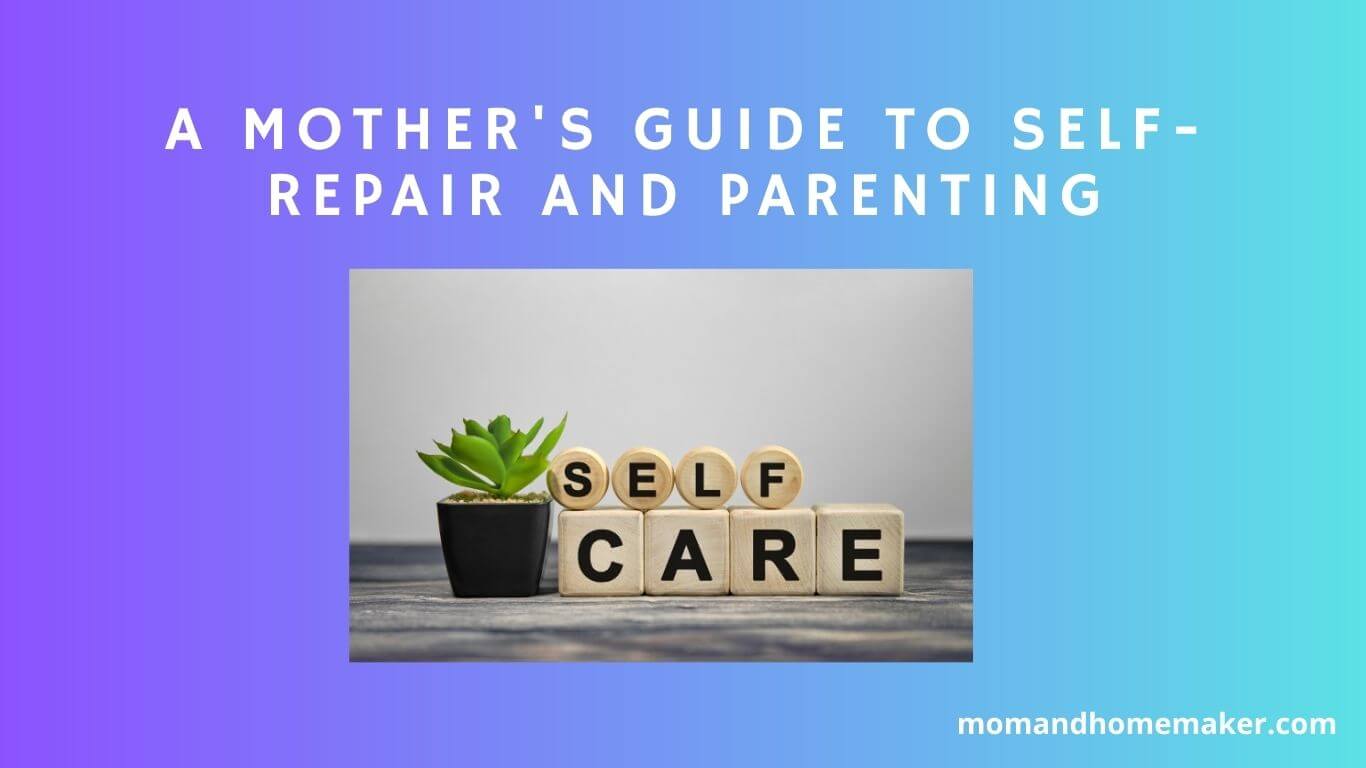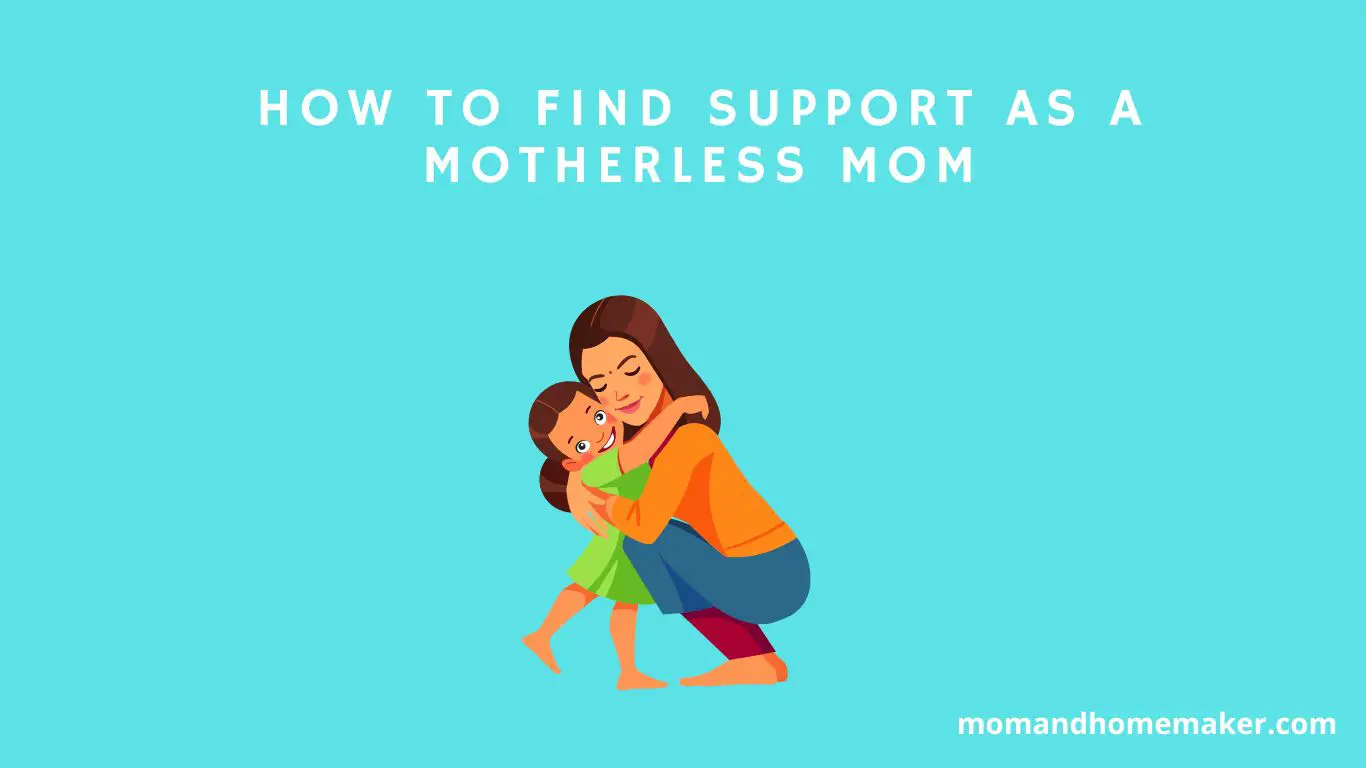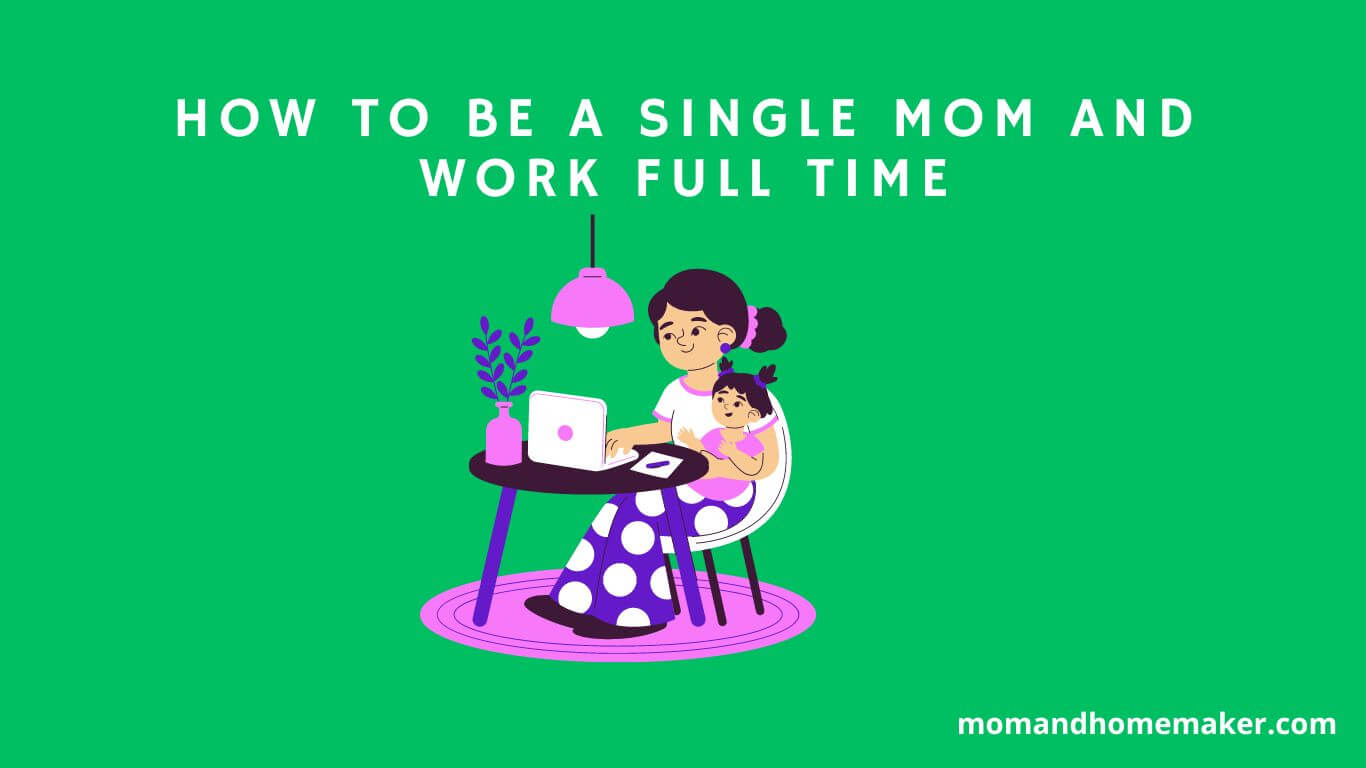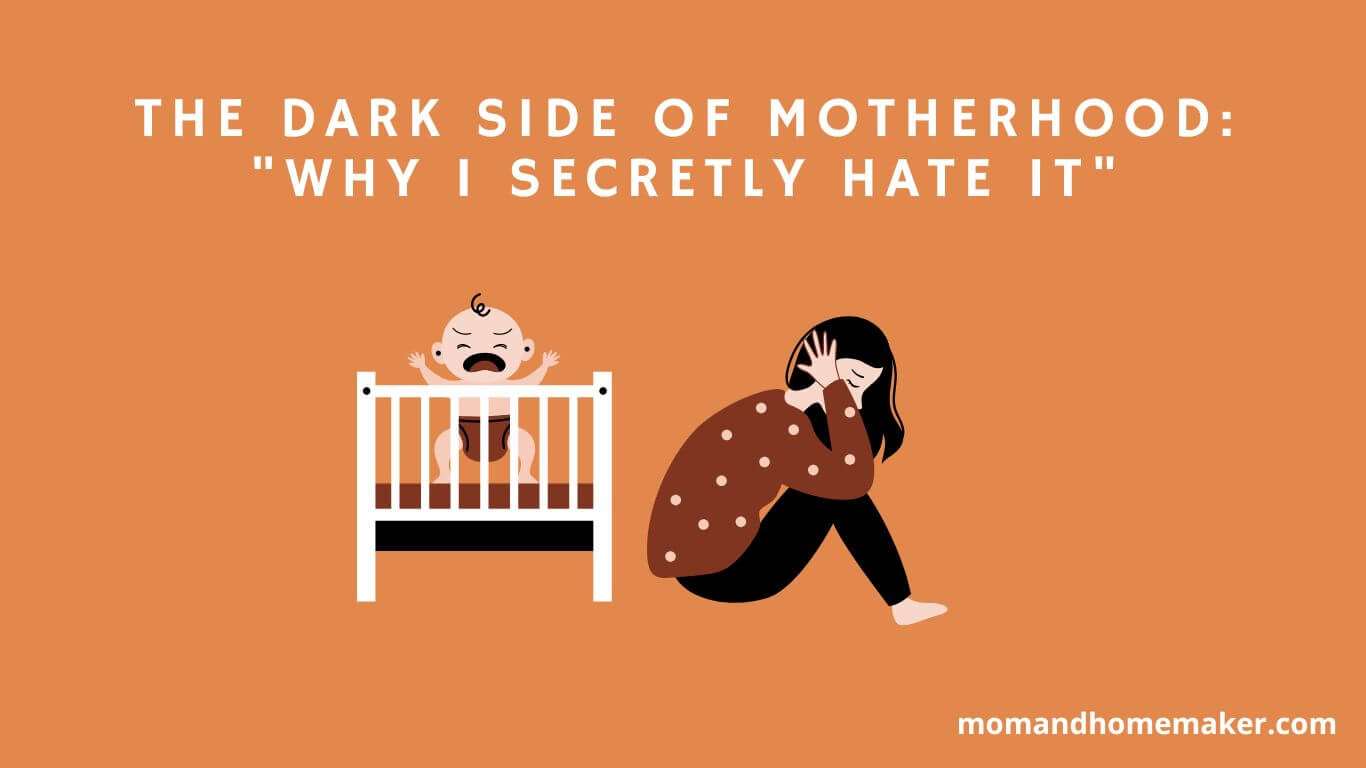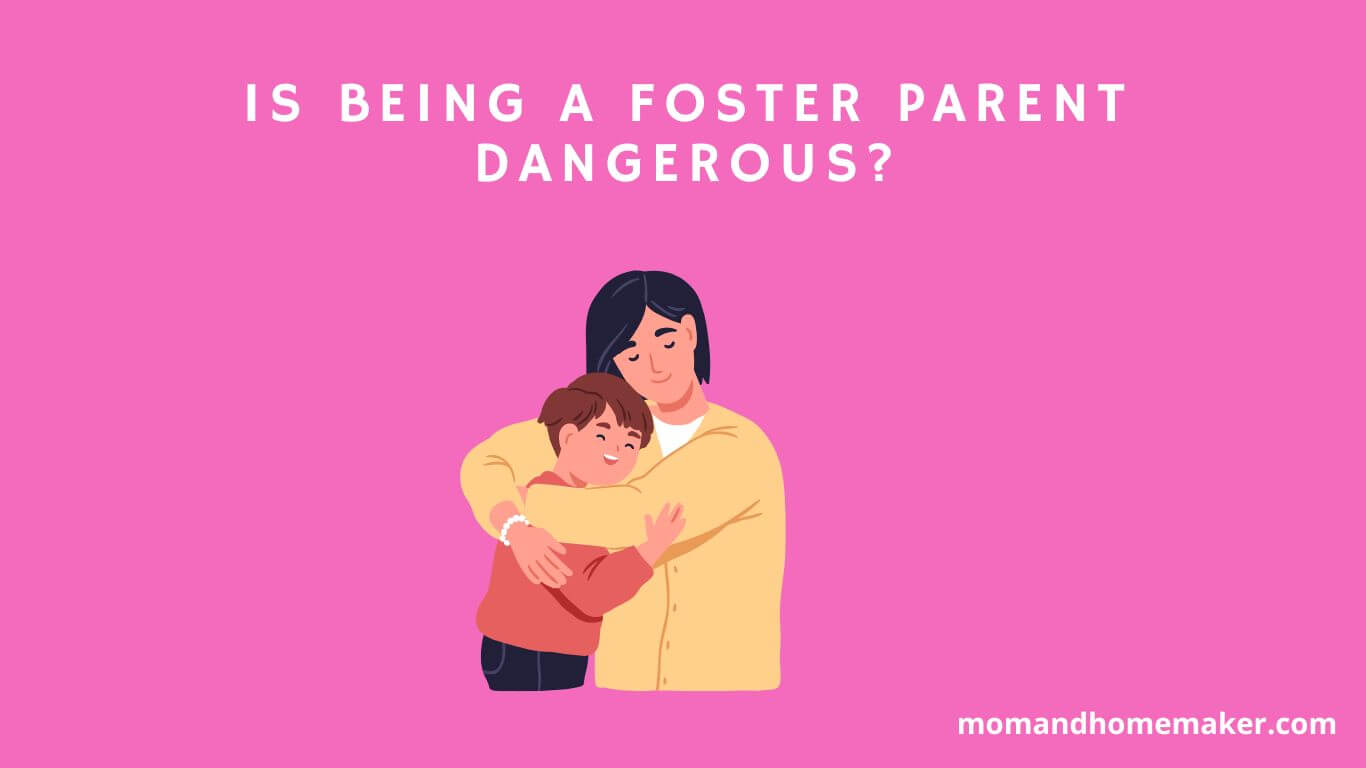Having a child is a significant life event that can make you rethink what matters most to you, leading to a possible redefinition of your purpose.
It’s natural to wonder if this new phase in your life truly brings the deep sense of fulfillment you’re looking for.
The relationship between being a parent and finding purpose is a complex subject that involves exploring human emotions and goals on a deeper level. Through this journey, you may discover new aspects of yourself and what truly drives you.
Cultural Expectations and Parenthood
Cultural expectations have a strong influence on the journey to becoming a parent. Societal norms define specific roles and behaviors for parents, shaping their decisions and experiences.
These expectations can lead to parental pressures, affecting how individuals see their caregiving roles. Family interactions also play a crucial role, either supporting or challenging these cultural norms.
It’s important to understand your values and how they align with or differ from societal expectations when embarking on the path to parenthood.
Starting this journey, it’s vital to acknowledge the impact of cultural expectations on your experience. Reflect on how these norms may have shaped your views on parenthood and its responsibilities.
Consider the pressures you might face to meet certain standards or fulfill specific roles within your family and community.
Evaluate how your family dynamics have influenced your understanding of parenthood. By examining your values and beliefs, you can better discern which aspects of cultural expectations resonate with you and which may need reevaluation.
Biological Imperatives and Purpose
When delving into the idea of parenthood, it’s crucial to understand the biological instincts that drive your purpose in starting a family.
Your innate desire to have children is influenced by evolutionary forces that push you towards reproducing and ensuring the survival of your genes through offspring.
These instincts are powerful motivators that guide you in creating and nurturing a family.
The fulfillment you derive from being a parent is deeply rooted in these biological imperatives. The joy and satisfaction you experience in raising children stem from your natural inclination to care for and safeguard the next generation.
Your family dynamics are shaped by these instincts, influencing how you interact with your children and partner. The urge to pass on your genes motivates you to establish a supportive and loving environment for your family to flourish.
Emotional Fulfillment Through Children
Experience the deep emotional fulfillment that comes from nurturing and raising children. As a parent, you’ll find unparalleled joy and form strong emotional connections that bring immense satisfaction and personal growth.
Your life will be enriched with meaningful relationships that not only shape your child’s future but also your own.
Watching your child take their first steps will bring you immense happiness. Sharing heartfelt moments will create a lasting bond.
Witnessing your child’s achievements will fill you with pride and fulfillment. Playing with your child and hearing their laughter will brighten your day.
Parenting offers a sense of purpose and countless opportunities for personal growth. Embrace the journey of parenthood, as it’s through raising children that you’ll discover the true essence of love, joy, and fulfillment.
Impact on Personal Goals and Ambitions
When you become a parent, achieving your personal goals and ambitions may require adjustments. Your journey of personal growth becomes more dynamic as you balance the challenges and joys of raising a child.
You may need to realign your career aspirations to fit your new role as a parent. Finding a balance that allows you to succeed professionally while being present for your child’s milestones is crucial.
As you embrace parenthood, your relationship dynamics with your partner can shift. Effective communication and understanding are key as you both navigate this new chapter together. Teamwork and support play a vital role in maintaining a healthy and loving relationship while fulfilling your parental duties.
Managing your time becomes even more important with a child in the picture. Prioritizing tasks and responsibilities is essential to ensure you can dedicate quality time to your family, career, and personal well-being. Efficient time management will help you find harmony in juggling your various roles.
Financial planning takes on greater significance as you consider the long-term needs of your growing family.
Making wise budgeting decisions and planning for the future are crucial for providing a secure financial foundation for your child. Remember that careful planning now can lead to stability and peace of mind down the road.
Parenthood as a Transformative Experience
When you become a parent, you undergo a profound transformation that shapes your perspective and sense of self. This journey of parenthood is a catalyst for personal growth, challenging you to expand your capabilities, reconsider your beliefs, and acquire new skills to navigate the intricacies of raising a child.
The impact of parenthood goes beyond caregiving; it permeates every aspect of your life, fostering a deeper understanding of yourself and those around you.
Embracing the role of a parent awakens innate instincts that influence your choices and behaviors, prompting contemplation of life’s meaning, your place in the world, and the legacy you wish to build for your children.
Parenthood serves as a reflective surface, revealing your values, principles, and priorities. Through the trials and triumphs of parenting, you embark on a journey of self-discovery, uncovering hidden strengths, vulnerabilities, and passions.
This newfound self-awareness ignites your internal drive to be the best parent possible, propelling you towards personal growth and fulfillment.
Challenges and Rewards of Parenting
Parenthood is a journey filled with both challenges and rewards that shape your character and outlook. Raising a child brings obstacles that test your resilience and patience, alongside moments of joy and fulfillment.
To navigate this path effectively, you need to manage your time efficiently by creating a schedule that balances childcare, work, and personal tasks. While sleep deprivation can be a common struggle, witnessing your child’s milestones and growth makes it all worthwhile.
Building strong bonds with your child involves open communication and understanding to nurture healthy relationship dynamics. It’s crucial to prioritize self-care practices to ensure you can provide the best care for your child.
Additionally, effective financial planning helps in creating lasting family memories and experiences. Embrace the challenges and cherish the rewards of parenting, as they contribute to your personal growth and happiness.
Balancing Parenthood and Individuality
Balancing parenthood with maintaining your individuality is a journey of self-discovery and growth. Taking care of yourself is essential to meet the demands of parenting while nurturing your child’s needs.
Prioritize self-care to ensure you have the energy and resilience required. Remember, self-care isn’t selfish; it’s vital for your well-being and ability to care for others.
Explore new interests and develop skills during this time. Parenthood can spark personal growth, offering opportunities to discover more about yourself and your capabilities.
Efficient time management is key in balancing your roles as a parent and an individual. Establish routines, set priorities, and delegate tasks to make the most of your time and reduce stress.
Preserving your identity while being a parent is crucial for your overall fulfillment. Embrace the journey, seek support when needed, and remember that finding harmony between parenthood and individuality is an ongoing process of learning and adaptation.
Parenting Styles and Sense of Purpose
Balancing different parenting styles while maintaining your individuality is crucial for developing a strong sense of purpose as a parent.
The way you parent is influenced by various factors, such as your family dynamics and your understanding of child development.
By customizing your approach to meet your child’s specific needs, you can create a more fulfilling parenting journey.
Effective communication and mutual respect within the family are essential for fostering a harmonious environment.
Tailoring your parenting strategies to align with your child’s personality and growth requirements will help you provide the best support for their development.
Generational Differences in Parental Views
Generational differences in parental views play a significant role in how individuals approach the task of raising children in today’s society.
Each generation brings its unique values and experiences to the table, which shape their perspectives on parenthood and child-rearing dynamics. It’s important to consider three key aspects when discussing these generational differences:
- Generational Shifts: Over time, there have been noticeable changes in how different generations perceive the role of parents. Older generations may prioritize traditional values and strict discipline, whereas younger generations tend to emphasize flexibility and emotional support in raising children.
- Parental Perspectives: The way parents perceive their responsibilities and duties towards their children can vary greatly across generations. Some parents may find parenthood to be a primary source of fulfillment, while others may view it as one aspect of a well-rounded life.
- Generational Values: Each generation inherits a unique set of values that influence their approach to parenting. These values can impact how parents allocate their time, establish boundaries, and make decisions regarding their children’s well-being.
Understanding and appreciating these generational differences in parental views is crucial for fostering healthy discussions and promoting mutual respect among individuals with varying perspectives on parenthood.
By recognizing the diverse viewpoints that each generation brings, we can work towards creating a more inclusive and supportive environment for families in today’s society.
Societal Pressures and Family Planning
When considering starting a family, it’s crucial to navigate through societal pressures with care. Factors like cultural expectations, family dynamics, career aspirations, financial considerations, and emotional readiness all influence your perspective on family planning. Balancing these influences thoughtfully can help you make informed decisions that align with your values and goals.
Societal expectations, such as cultural norms and traditions, may impact your decision-making process. However, it’s essential to prioritize what feels right for you and your family, rather than solely conforming to external pressures. By staying true to your values, you can create a more fulfilling family life.
Understanding your family dynamics and communication patterns is key to anticipating challenges and fostering strong bonds with your future children. Building a supportive and loving family environment is crucial for the well-being of all family members.
Balancing your career priorities with your desire to start a family is a common challenge. Finding a harmonious equilibrium between career success and family life can lead to a more satisfying and balanced lifestyle. It’s important to consider how your career goals align with your family goals to achieve a fulfilling balance.
Parenthood and Identity Formation
Becoming a parent is a journey that allows you to discover and shape your identity in meaningful ways. It goes beyond just raising a child; it’s a transformative experience that can lead to personal growth and self-understanding.
- Exploring Identity: Parenthood gives you the chance to delve into your values, beliefs, and priorities. As you face the challenges and joys of raising a child, you may start questioning who you are and the kind of parent you want to become.
- Responsibilities of Parenthood: Taking on the role of a parent involves a set of duties that can help define your sense of self. From providing love and care to making important decisions for your child, these responsibilities influence how you see yourself and your place in the world.
- Journey of Self-Discovery: Raising a child is an ongoing process of self-discovery. Through the highs and lows of parenthood, you uncover more about your strengths, weaknesses, and abilities. This path of self-awareness can lead to a deeper understanding of your individuality.
Impact on Mental Health and Well-being
Parenting can have a significant impact on your mental health and overall well-being. While it can bring immense joy and fulfillment, it also comes with challenges that may affect your mental well-being.
Managing parental stress is crucial, as juggling various responsibilities and worries can lead to heightened stress levels. It’s important to find healthy ways to cope with stress.
Additionally, your child’s growth and milestones can bring both pride and pressure. Remember that each child develops at their own pace, and it’s essential not to compare them to others.
Taking care of yourself as a parent isn’t selfish but necessary to be the best parent you can be. Prioritize self-care and take time for yourself without feeling guilty.
Parental guilt is common, but it’s important to remember that making mistakes is okay. What truly matters is learning and growing from those mistakes.
Your mental health is crucial for your ability to care for your child effectively. If you ever feel overwhelmed or are struggling, don’t hesitate to seek support. Remember, taking care of yourself isn’t only beneficial for you but also for your child.
Parent-Child Bonding and Purpose
Building a strong bond with your child is crucial for finding purpose and fulfillment as a parent. It’s more than just meeting their physical needs; it’s about forming emotional connections that shape their sense of security and self-worth.
Understanding attachment theory and actively participating in your child’s growth and development play a significant role in their overall well-being.
To foster a strong parent-child bond, consider these key aspects:
- Attachment Theory: Learn about different attachment styles and how they impact your interactions with your child. Secure attachments lay the groundwork for healthy relationships and emotional stability.
- Developmental Milestones: Stay mindful of your child’s growth stages and adjust your parenting style accordingly. Supporting them through challenges and celebrating their successes strengthens the bond you share.
- Parenting Challenges and Family Dynamics: Recognize that parenting has its difficulties. Effective communication, empathy, and resilience are essential for overcoming obstacles and maintaining a strong relationship with your child within the context of your family dynamics.
Parenthood in a Digital Age
Parenting in today’s digital world means parents need to keep up with rapidly advancing technologies and understand how they impact child development.
It’s a balancing act of embracing the benefits of technology while being cautious of its drawbacks. As a parent, you navigate the fine line between using technology for learning and creativity and ensuring it doesn’t overshadow real-life interactions.
In today’s fast-paced world, it’s crucial to detach from digital devices. Establishing limits on screen time battles and creating tech-free bonding moments can help maintain a healthy equilibrium.
Engaging in activities that blend the virtual and physical worlds is vital for your child’s overall growth. Encouraging outdoor play, face-to-face conversations, and hands-on experiences can counteract the isolating effects of excessive screen time.
The virtual versus reality dilemma is a major challenge for modern parents. While technology offers great educational and social opportunities, it can also impede genuine human connections.
By fostering an environment that includes technology without excluding other aspects of life, you can help your child develop the necessary skills to thrive in a digital era while valuing authentic relationships.
Parenting in a digital age demands mindfulness, flexibility, and a deep understanding of ever-changing technology.
By incorporating tech-free bonding moments and promoting digital detachment when needed, you can create a nurturing environment where your child’s development thrives in harmony.
Reflections on Parenthood and Legacy
As a parent in today’s digital age, navigating technology and human connections can shape how you view parenthood and the legacy you want to leave for your child. It’s crucial to think about what values, beliefs, and traditions you want to pass on to your child. By instilling these principles, you create a lasting legacy that carries on through generations.
Remember that raising a child comes with a significant responsibility. Your decisions and actions not only impact their present but also shape their future and the legacy they’ll leave behind.
Find fulfillment in the journey of parenthood by embracing both the challenges and joys it brings. The love and support you provide not only benefit your child but also contribute to your sense of purpose and fulfillment.
Your choices as a parent have the power to shape not just your child’s life but also the lives of future generations.
Conclusion
In conclusion, having a child can give your life meaning, satisfaction, and happiness. It can influence your goals, dreams, and the legacy you leave behind, fostering a strong connection that endures over time.
Becoming a parent is a life-changing journey that profoundly affects your mental well-being.
Embrace the experience, treasure every moment, and let the love between you and your child lead you to a purposeful life filled with joy and fulfillment.



